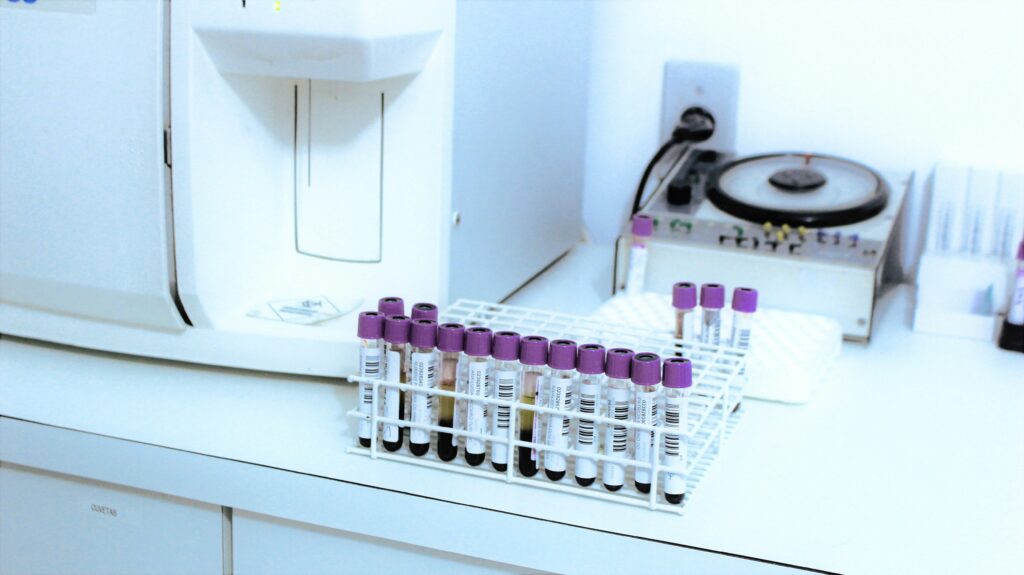At Diagnostic Diaries, we believe that better health begins with better understanding—and often, that understanding starts in the lab. Medical testing can feel intimidating, but when explained clearly, each test result becomes a stepping stone to improved well-being.

Over the past few weeks, we’ve explored some of the most essential topics in diagnostic medicine—from everyday blood tests to deeper looks into chronic conditions. Whether you’re trying to interpret your lab results, preparing for a clinic visit, or supporting a loved one’s health journey, the following posts are a great place to start.
Here’s a full roundup of the most recent articles we’ve published. If you missed any, now’s the perfect time to catch up.
Understanding Full Blood Count Results
Your Full Blood Count (FBC), also known as a Complete Blood Count (CBC), is one of the most frequently ordered tests in modern medicine. But how many of us actually understand what those values mean?
This article breaks down the core components of the test—white blood cells (WBC), red blood cells (RBC), hemoglobin, hematocrit, platelets, and various indices like MCV and MCHC. Each component offers unique insight into your immune health, oxygen-carrying capacity, and potential signs of infection, anemia, or inflammation.

Whether you’re dealing with fatigue, infections, or just doing a routine check-up, understanding your FBC can help you and your doctor spot issues before they become serious.
🔍 Read more: Understanding Full Blood Count Results
Understanding PCOS Through Lab Tests
Polycystic Ovary Syndrome (PCOS) is one of the most common endocrine disorders in women of reproductive age, but it’s also one of the most misunderstood. Beyond irregular periods and cysts, PCOS affects hormones, metabolism, fertility, and long-term health.
This post guides you through the specific lab tests used to diagnose and monitor PCOS—like LH, FSH, testosterone, prolactin, insulin, and glucose levels. It also explains what your results might indicate and how they fit into the broader diagnostic criteria.

If you’ve ever wondered how PCOS is confirmed or why a doctor asks for these tests, this post offers a practical, non-judgmental starting point.
🔍 Read more: Understanding PCOS Through Lab Tests
Genotype Testing Made Simple
Your genotype isn’t just a string of letters—it’s an important part of your health profile, especially in regions where sickle cell disease is prevalent.
This article makes sense of genotype testing by exploring the science behind hemoglobin electrophoresis, how different genotypes (AA, AS, SS, AC, SC) affect the body, and why it matters for marriage, reproduction, and general health. You’ll also find insights into common myths and why knowing your genotype can save lives.

Whether you’re getting tested before marriage, supporting someone with sickle cell, or just curious about what those letters mean—this post breaks it all down in plain English.
🔍 Read more: Genotype Testing Made Simple
Lab Tests for Kidney Health
Your kidneys quietly do some of the most essential work in your body—filtering blood, removing waste, regulating electrolytes, and balancing blood pressure. But kidney disease often has no symptoms in its early stages. That’s why testing matters.
In this post, we cover the key lab tests used to assess kidney health: serum creatinine, estimated glomerular filtration rate (eGFR), urinalysis, and urine albumin-to-creatinine ratio (UACR). You’ll also learn how these tests are used to detect early signs of chronic kidney disease (CKD), monitor damage in diabetic patients, and prevent complications before they escalate.

It’s a must-read for anyone managing high blood pressure, diabetes, or who simply wants to take preventive steps toward kidney care.
🔍 Read more: Lab Tests for Kidney Health
Why These Tests Matter
Each of these blog posts is more than just a science lesson—they’re tools for empowerment. We write them to help you:
- Understand what your doctor is looking for
- Ask more informed questions at your appointments
- Take early steps toward prevention or management
- Share accurate health knowledge with your family and community
Medical tests can feel like a maze—but they don’t have to. Whether it’s spotting an iron deficiency on your full blood count, managing symptoms of PCOS, understanding genotype compatibility, or preventing silent kidney failure, the goal is always the same: better health through better understanding.
What’s Next on the Blog?

We’re publishing new content every week, and there’s more on the way. From decoding your thyroid tests to exploring the connection between liver function and fatigue, we’ve got some powerful topics lined up to help you continue your journey through diagnostic health.
We’re also working on resources that explain how to prepare for certain tests, what lab errors can mean, and how to make the most of your next health screening.
Be sure to bookmark the blog or subscribe to updates, so you never miss a post. And if there’s a topic you’d like us to explore—leave a comment under any post. We’re listening.
Final Thoughts
At Diagnostic Diaries, we know that health is personal—and that navigating medical information can be overwhelming. Our goal is to make diagnostics feel less like a mystery and more like a map. Because when you understand the numbers, the abbreviations, and the why behind every test—you’re already one step closer to better care.

So keep reading, stay curious, and take your health into your own hands—one test at a time.


